Products
Explore by Roast
Available in ground or whole bean
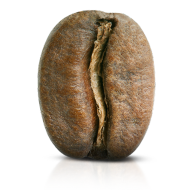
Medium
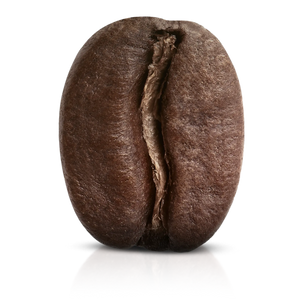
Medium-Dark
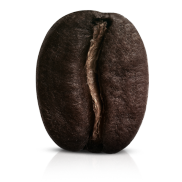
Dark

Flavored (Medium)
Explore by Decaf

Decaf Medium

Decaf Dark

Decaf Flavored
Explore by Packaging
Beans

Ground
Cold brew

K CUPS
No products found in this collection.

Why Buying Organic Matters
May 16, 2020 2 min read
Why Buying Organic Matters
With almost every product having an organic alternative nowadays, it can be easy to forget what “organic” actually means, and why it matters.
Simply put, organic food is how food used to be. Organic means food is grown without the use of pesticides or synthetic fertilizers, which is how all food was grown up until the 1930s. Conventional farming soon took over as it allowed farmers produce more food at a lower cost. While the intentions of conventional farming were good, it has had serious negative implications on both the environment and human health.
With that being said, buying organic does make a difference. It makes a difference in your health, the environment, and the health of agricultural workers.
For Your Own Health
Organic diets expose consumers to fewer pesticides that are associated with human disease. Eating organic is especially important for children, as they are more susceptible to the toxicity of pesticides because of their size and the fact that they are still developing. Multiple studies have also found that organic food can be more nutritionally dense than conventionally-farmed food, especially when it comes to antioxidant levels.
For the Health of Agricultural Workers
An important but less discussed reason why consumers should buy organic has to do with the health of agricultural workers. In conventional farming, agricultural workers are routinely exposed to fumigants that pose serious health hazards such as an increased risk for cancer and respiratory disease. Organic farms do not use fumigants and pesticides on crops, so agricultural workers are never exposed to such toxic chemicals.
For the Environment
Organic farming has a lower environmental impact than conventional farming. Conventional farming relies on pesticides, herbicides, and synthetic fertilizers to grow crops - all which contain chemical compounds that negatively affect the health of humans and the environment. Organic farming uses environmentally sustainable techniques such as crop rotation, cover crops, and compost manure. These techniques result in a smaller carbon footprint and help to build soil health and keep our water and air clean.
Subscribe
Sign up to get the latest on sales, new releases and more …







































